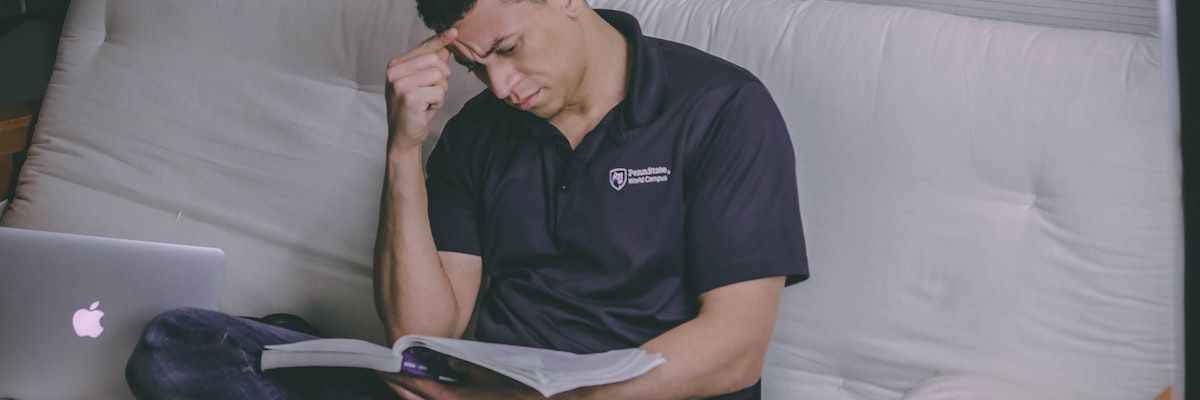Study session

1. “I’M HERE BECAUSE I WANT TO”
Start the session remembering that you are there because you want to learn or because you want to get high marks. If your motivation is not clear, it is very difficult to face the study successfully. Without this previous step, everything that follows is absurd. Your decision and dedication is the fundamental basis of the entire study process.
2. PRACTICE ACTIVE ATTENTION IN CLASS
In order for the study session to be productive, it is necessary that you have maintained an active attention in class. It will help you to better understand what you are going to study and to know what is important for the exam and what is not. It will even save you study time.
3. DEDICATE QUALITY TIME TO THE STUDY
Each person has their good or bad times for study. Think about the best moments for you. Avoid the moments when you are tired or aware of other things (work, family, etc.)
4. CREATE A STRUCTURED STUDY ROUTINE
Once we start a possible sequence it would be this:
- Make a general review of what you are going to study. It is about reading the titles and subtitles, the aspects highlighted in bold, etc.
- Read the contents carefully, analyzing, understanding and relating them to the previous knowledge you already have on the subject.
- Do the practical exercises and problems so that you learn to do them, do not settle for achieving the result.
- The underline helps you focus on the fundamental ideas and relevant aspects. Reading only the underline should be completely clear about the content of the topic.
- Draw diagrams to organize the contents in a way that is clear to you and easier to recall to remember in the exam. If it is difficult for you to relate or you “messed up” in the exams, you must write diagrams.
- Write summaries. They are an excellent practice for written controls. They help improve the writing and determine important ideas. If you have problems with written expression, and you don’t know how to express in the exams what you really know, it is the best thing you can do. It will help you.
- Prepare exams efficiently. Consider what you have studied and on the aspects that have been most affected in the classes and try to guess what questions will come out in the exam. Write them as you think the teacher will put them, and then answer them in writing as if it were the real exam (you can check the notes but remember that you will not have them in the exam). If you have followed all the steps, it is very likely that you will correct 75% of the questions.
Related Posts
Do you want to get more out of your effort?
Take the test, assess, decide and take action:
- You and your conditions.
- Your motivation and your goals.
- Your strategies to face the study.
- Your self-assessment and your way of facing the results.